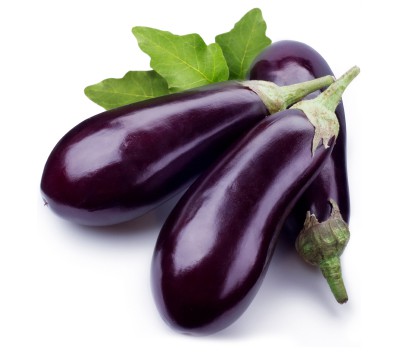Watermelon can be both the fruit and the plant of a vine-like (scrambler and trailer) plant originally from southern Africa, and is one of the most common types of melon. This flowering plant produces a special type of fruit known by botanists as a pepo, a berry which has a thick rind (exocarp) and fleshy center (mesocarp and endocarp); pepos are derived from an inferior ovary, and are characteristic of the Cucurbitaceae. The watermelon fruit, loosely considered a type of melon (although not in the genusCucumis), has a smooth exterior rind (green, yellow and sometimes white) and a juicy, sweet interior flesh (usually pink, but sometimes orange, yellow, red and sometimes green if not ripe). It is also commonly used to make a variety of salads, most notably fruit salad.
Horticulturalists believe that watermelons originated in South Africa, and their name refers not only to the fruit but also to the specific plant, Citrullus lunatus. Considering genus is important. Most melons belong to the genus, Cucumis, but watermelons are classified differently in the genus Citrullus. Citrullus includes a variety of vine plants that tend to originate in desert conditions. A variant on the standard melon is Tsamma melon, which has a much higher pectin count, and grows wild in the Kalahari Desert.
Watermelons and Tsamma melons both have a much thicker rind than do melons of the genusCucumis. This is called an exocarp. What is inside the melon’s flesh is made up of endocarp andmesocarp, or the fruit’s flesh. There are uses for the exocarp, you’ll find recipes for the rind across the world, including southern US favorites like pickled watermelon rind. Early watermelons, and still many today contain numerous black seeds that are also edible. However in the 20th century, seedless varieties of the plant were engineered, which resulted in watermelons with far fewer seeds, and what seeds are present are usually not as hard and pale white, as opposed to the typical black.
Since watermelon thrives in warm conditions, it’s not surprising that cultivation of the plant spread to places like Egypt, where it is believed to have been cultivated about 2000 BCE. China soon became an avid cultivator of Citrullus lunatus, by at least the 10th century CE, though there are some that contend that the first Asian country to cultivate the watermelon was Viet Nam. When the Moors invaded China, or established trade, watermelon cultivation spread across Asia, thePersian Gulf, and thence to Europe, and Early American settlers were growing the fruit by the 17th century, though some suggest explorers of the New World introduced the plant to Native Americans in the early 16th century.
Health Benefits of Watermelon
- energy production
- protects against macular degeneration
- fights heart disease
- loaded with antioxidants
- reduces the risk of cancer
- prevents erectile dysfunction
- good source of vitamins and minerals
Energy Production
Watermelon is concentrated with b-vitamins. B-vitamins are responsible for alot of your body’s energy production. This means eating watermelon can give you substantial energy. It also has high amounts of the the energizing nutrients magnesium and potassium. Eating watermelon is a safe alternative to taking energy drinks prior to exercise. It also hydrates you due to its high water content as opposed to caffeine filled energy drinks that dehydrate you.
Antioxidants
Watermelon is a natural source of nature’s most powerful antioxidants. It is a good source of the antioxidant vitamins C and A. It is also a good source of the powerful antioxidant beta-carotene. Watermelon’s antioxidants can help prevent a number of things. It reduces the risk of colon cancer, asthma, heart disease, osteoperosis, rheumatoid arthritis, and prostate cancer.
Antioxidannts should be a staple in everyone’s diet. They provide health benefits that other nutrients cannot. When it comes to things that are benefiticial to your health antioxidants are at the top of the list. They are better than vitamins, minerals, protein, carbs, and any other nutrient because they have so many benefits. If you do not take some sort of antioxidant whether it be through food or something else you should consider incoporating a food that contains antioxidants or supplement with them. You can buy all sorts of antioxiant drinks. This is one of the biggest health benefits of watermelon.
Macular Degeneration
Eating watermelon can protect against the negative effects of macular degeneration. Macular degeneration is just a fancy word for loss of vision. It fights the age-related symptoms of vision loss. Studies show that eating watermelon is actually healthy for your eyes than eating carrots. That is true in both short-term and long-term vision loss.
Cancer Fighting Properties
Supplementing watermelon into your diet can help prevent and fight cancer. It does this because of its rich antioxidant profile. The antioxidants of the watermelon are very concentrated and kill the cancer causing free radicals. They especially help prevent heart and colon cancers. Of all health benefits of watermelon this is probably the most significant one. Any food that fights cancer provides great health benefits.

